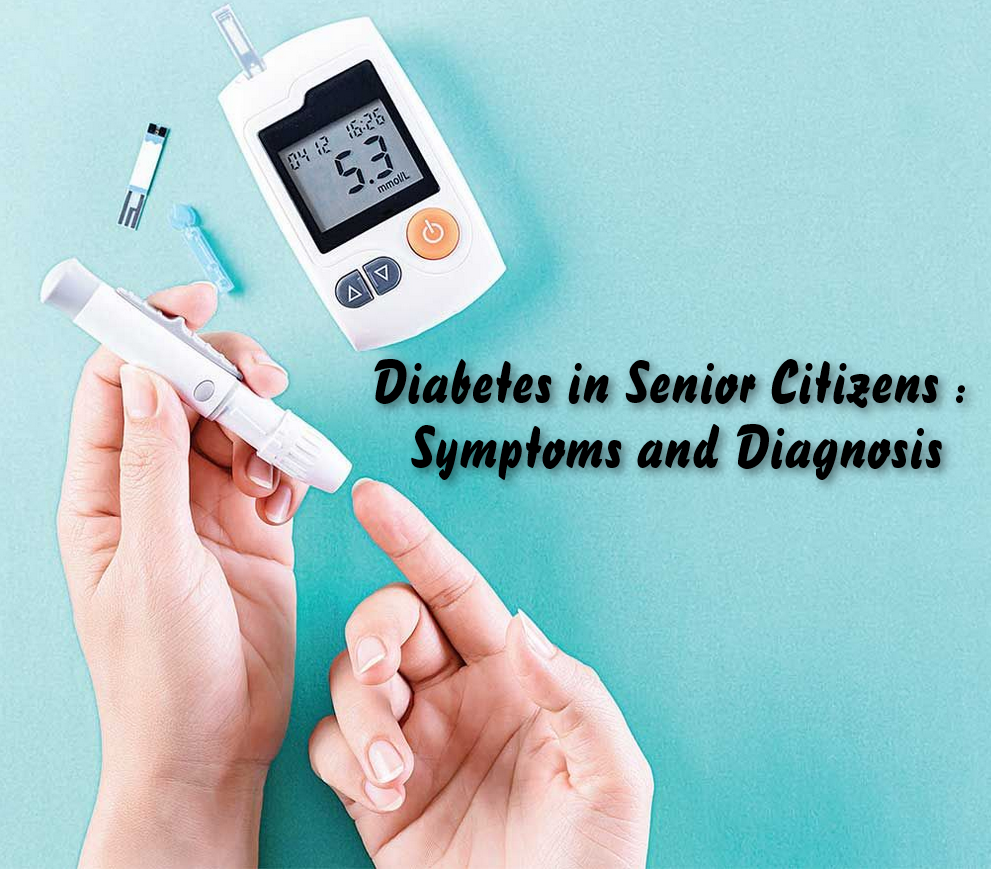Symptoms and Diagnosis
Diabetes is sometimes referred to as a "silent" disease because people may not show any signs or symptoms. Symptoms of diabetes include: excessive thirst frequent urination, being very hungry, feeling tired, weight loss without trying, the appearance of sores that slowly heal, having dry and itchy skin, loss of feeling or tingling in feet, and blurry eyesight. Still, some people with diabetes do not experience any of these symptoms.
Symptoms for type 2 diabetes develop gradually, while type 1 diabetes develops more quickly.
Doctors use different tests to diagnose diabetes. Tests to diagnose diabetes and pre-diabetes include the fasting plasma glucose (FPG) test and the oral glucose tolerance test (OGTT). A random plasma glucose test allows doctors to diagnose only diabetes.
If any of these tests show that you might have diabetes, your doctor will need to repeat the fasting plasma glucose test or the oral glucose tolerance test on a different day to confirm the diagnosis.
Diabetes is sometimes referred to as a "silent" disease because people may not show any signs or symptoms. Symptoms of diabetes include: excessive thirst frequent urination, being very hungry, feeling tired, weight loss without trying, the appearance of sores that slowly heal, having dry and itchy skin, loss of feeling or tingling in feet, and blurry eyesight. Still, some people with diabetes do not experience any of these symptoms.
Symptoms for type 2 diabetes develop gradually, while type 1 diabetes develops more quickly.
Doctors use different tests to diagnose diabetes. Tests to diagnose diabetes and pre-diabetes include the fasting plasma glucose (FPG) test and the oral glucose tolerance test (OGTT). A random plasma glucose test allows doctors to diagnose only diabetes.
If any of these tests show that you might have diabetes, your doctor will need to repeat the fasting plasma glucose test or the oral glucose tolerance test on a different day to confirm the diagnosis.
Because type 2 diabetes is more common in older people, especially in people who are overweight, doctors recommend that anyone 45 years of age or older be tested for diabetes. If you are 45 or older and overweight, getting tested is strongly recommended.
Older adults are at higher risk for developing Type 2 diabetes, particularly if they are overweight. Doctors recommend that those over 45 years of age be tested for diabetes especially if they are overweight.
Diabetes is a serious disease that can lead to pain, disability, and death. Sometimes people have symptoms but do not suspect diabetes. They delay scheduling a checkup because they do not feel sick.
Despite the risk of diabetes due to age and weight status, people often delay having a checkup because they do not feel any symptoms. Sometimes, people experience symptoms do not realize that it may be diabetes. Still, diabetes is a serious disease which, if left untreated, may lead to hazardous complications and even death.
Often times, people are not diagnosed with diabetes until they experience one of its complications, such as heart trouble or difficulty seeing. Early detection can prevent or delay such complications, making checkups all the more important.
Older adults are at higher risk for developing Type 2 diabetes, particularly if they are overweight. Doctors recommend that those over 45 years of age be tested for diabetes especially if they are overweight.
Diabetes is a serious disease that can lead to pain, disability, and death. Sometimes people have symptoms but do not suspect diabetes. They delay scheduling a checkup because they do not feel sick.
Despite the risk of diabetes due to age and weight status, people often delay having a checkup because they do not feel any symptoms. Sometimes, people experience symptoms do not realize that it may be diabetes. Still, diabetes is a serious disease which, if left untreated, may lead to hazardous complications and even death.
Often times, people are not diagnosed with diabetes until they experience one of its complications, such as heart trouble or difficulty seeing. Early detection can prevent or delay such complications, making checkups all the more important.
👉 Introduction : Diabetes in Senior Citizens
👉 Risk Factors and Prevention
👉 Symptoms and Diagnosis
👉 Treatment
👉 Treatment and Research - Diet and Exercise
👉 Medication
👉 Self-Monitoring
👉 ABCs of Monitoring Diabetes
👉 Foot and Skin Care
👉 Risk Factors and Prevention
👉 Symptoms and Diagnosis
👉 Treatment
👉 Treatment and Research - Diet and Exercise
👉 Medication
👉 Self-Monitoring
👉 ABCs of Monitoring Diabetes
👉 Foot and Skin Care

































No comments:
Post a Comment